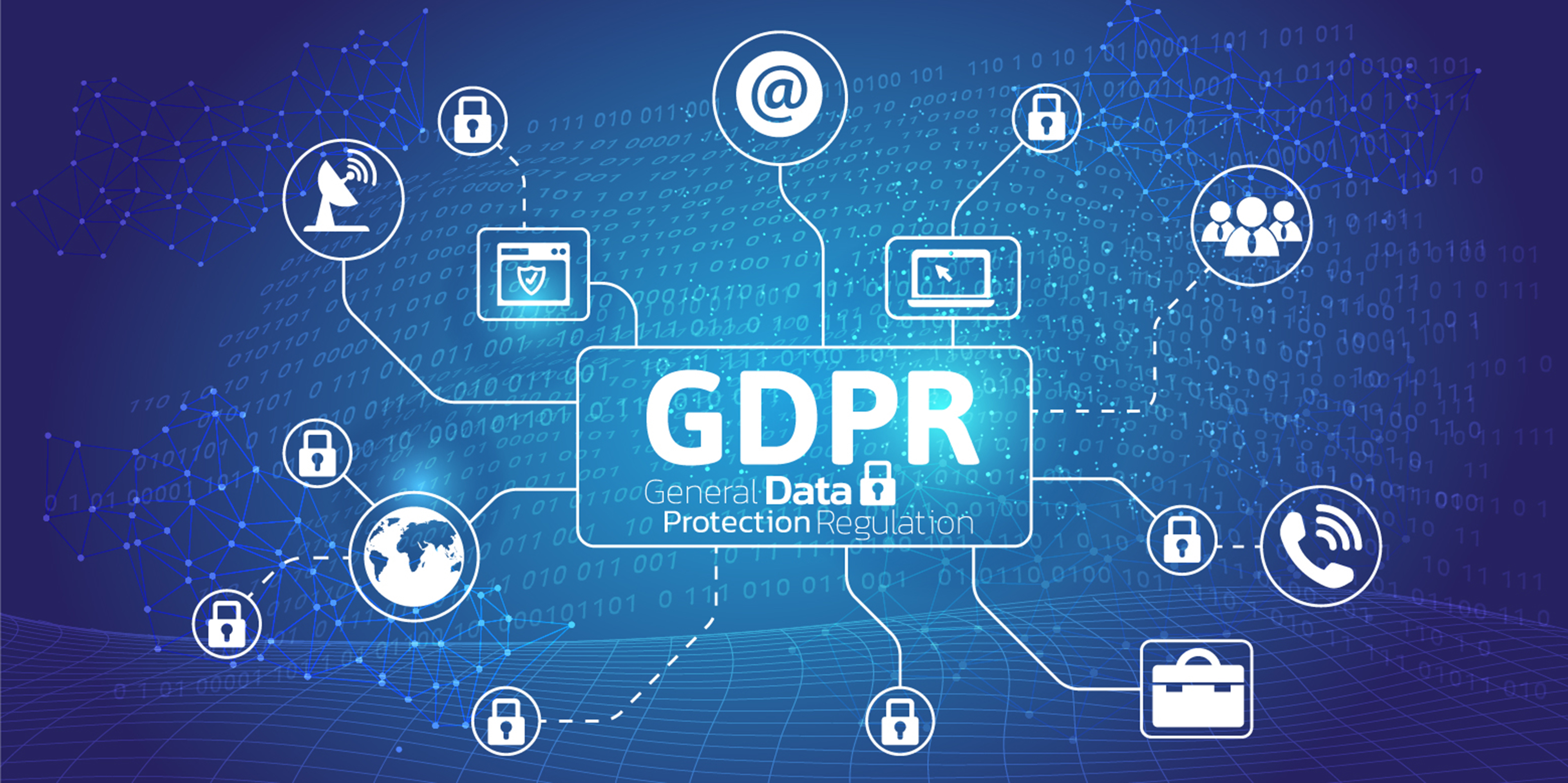I am studying in the third year of the State University of Economics and Technology.I specialize in contractual, economic and corporate law, in particular, I provide consultations and write articles.
GDPR compliance (compliance with the requirements of the General Data Protection Regulation) is a process of adaptation and implementation of the requirements established in the General Data Protection Regulation to ensure the correct processing and protection of personal data of persons in the European Union. The main purpose of GDPR is to protect the privacy and confidentiality of personal data. This means that any company or organization that collects, processes or stores personal data of EU citizens must comply with GDPR rules. With strict requirements for the processing of personal data, GDPR promotes trust between consumers and the companies that collect their data. According to the GDPR, companies must pay more attention to data management, which leads to better data management and efficient use of data. Companies that comply with the GDPR have an advantage over their competitors because consumers are more likely to trust them with their personal data.
Here are some key aspects to consider for GDPR compliance:
Legality, fairness and transparency: Before collecting personal data, a business must clearly inform the individual about the purposes of data collection and processing.
Purpose limitations: Personal data may only be collected for specific, clearly defined and lawful purposes and may not be further processed for purposes incompatible with these purposes.
Data minimization: Processing is limited to the necessary amount of personal data to fulfill the specified purposes.
Data accuracy: The business must ensure that personal data is accurate and up-to-date and take all steps to update or correct it.
Data retention limitations: Personal data shall be retained only for the period necessary to achieve the purposes for which it was collected.
Integrity and Confidentiality: The business must take appropriate security measures to protect personal data from unauthorized access, loss, destruction or damage.
These principles require companies and organizations to adopt appropriate technical, organizational and legal measures to ensure compliance with the GDPR and protect the rights of individuals to protect their personal data.
The GDPR compliance procedure for business includes several key steps:
Assess your current state of compliance: Start by assessing how your company collects, processes and stores personal data. Identify all potential risks and gaps in GDPR compliance.
Develop policies and procedures: Develop policies and procedures that define how your company will comply with GDPR requirements. This may include data collection and processing policies, security measures and breach response procedures.
Staff training: Ensure you have sufficient training programs for staff on GDPR requirements and their role in compliance.
Audit internal processes and practices: Conduct an audit of internal processes and practices to ensure they are GDPR compliant. This may include reviewing documentation, procedures and technical security measures.
Implementation of data security measures: Establish the necessary technical and organizational security measures to protect personal data from unauthorized access, loss, destruction or damage.
Carrying out a Data Protection Impact Assessment (DPIA): For particularly risky types of data processing, carry out a DPIA to assess the possible risks to the rights and freedoms of natural persons.
Auditing and updating: Conduct regular audits and update policies, procedures and technical security measures to meet changes in legislation and requirements.
Ensuring GDPR compliance is a process that requires a systematic approach and continuous improvement. These steps will help your business prepare for the implementation of GDPR requirements and reduce the risks of legal violations.
Lawyer services in conducting GDPR compliance:
Since the issue of data protection is a priority for business in modern conditions, the services of a lawyer help to ensure an established procedure for checking, evaluating, and conducting audits. The lawyer will analyze the requirements of the current legislation, and legal analysis of the situation take into account the rules of GDPR compliance, conduct a quality audit and identify weak points that will be improved in the future. Therefore, legal services play an important role in the process of data protection and are able to fully meet busine
































